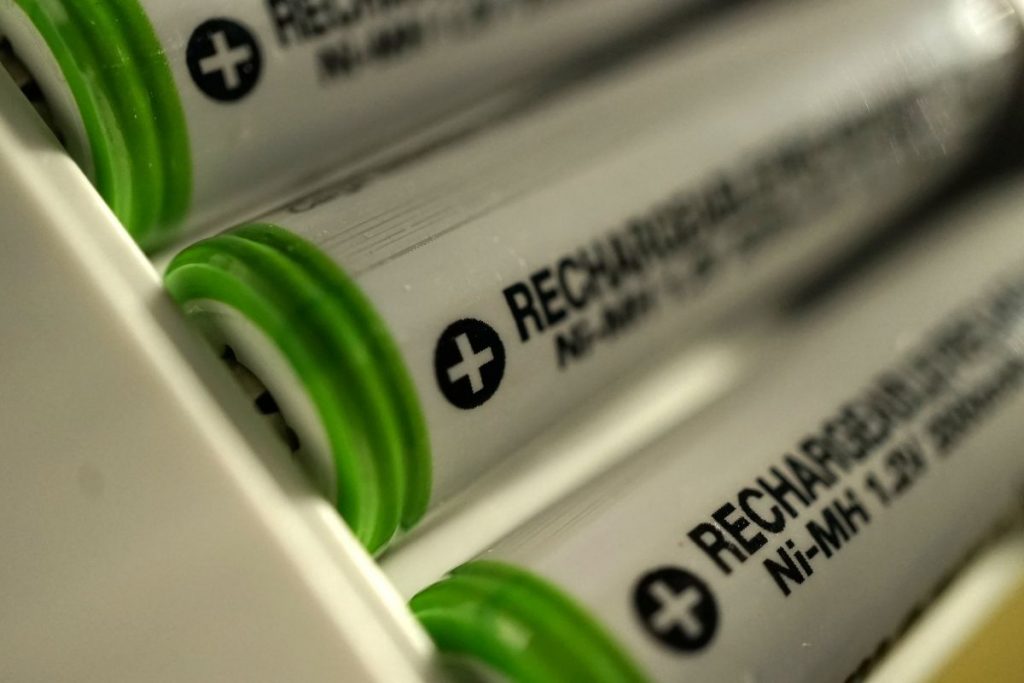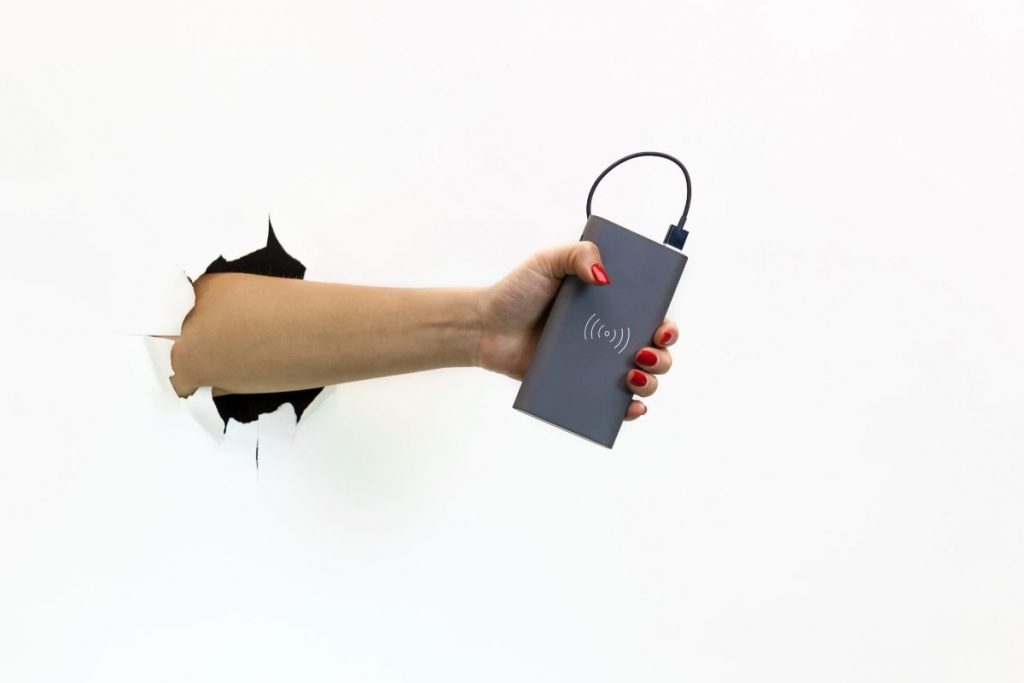Are you having issues with your power bank? Even if you are doing everything you can to make your power bank last as long as possible, over time, it will begin to have some issues. As great as they are, these machines do last forever and will eventually need to be replaced.
Replacing it is the easy part, but do you know the safest way to dispose of your old power bank or its charger? Well, you’re in the right place!
Keep reading for some safe methods of disposing of your power banks.
Why Do We Need to Dispose of Power Banks Properly?
The demand for renewable energy is growing, and there has been a rise in the number of off-grid solar market products for power and lighting solutions.
These items are powered by rechargeable batteries. All portable chargers contain rechargeable batteries based on lithium technology. Lithium Polymer and LithiumIon batteries are most popularly used for portable chargers. While we are all excited about what we can do with them, we must also think about what we will do with them in the end.
This is important since battery packs consist of hazardous materials such as acid and toxic metals which pose severe ecological risks. That’s why they must be disposed of properly.
Proper Methods of Disposing
It’s important to note that even dead batteries can start a fire if their positive and negative parts interact. This could happen if lithium batteries are carelessly thrown into a cabinet or box or if they are mixed with other open metals that can conduct an electric current and activate.
Maintain the safety of dead batteries by standing them upright, all facing the same angle, or by tapping the positive and negative ends of batteries.
Before you recycle them, make sure that your old batteries are packed or wrapped securely to avoid sudden movement or contact with other metals that may be in the bin. Then check out these disposal methods.
- Check out what the rules are in your area for disposing of batteries. There are specific classifications for different batteries in certain places that suggest how to dispose of them properly.
- Depending on local laws, consider taking to a recycling center or a potentially dangerous waste collection facility.
- Lithium batteries can be used in a variety of devices and are classified as non-hazardous in some areas. It might be a better idea to take them to a recycling center.
- To avoid the fire risk, place your recyclable battery packs in a container, making sure the positive and negative ends do not make contact.
- Supermarkets in some areas also have secure recycling programs for old batteries.
- You can also seek advice and support from your local fire department.

Types of Rechargeable Batteries
These batteries are popularly used in our homes. They can be found in mobile phones, portable devices, power tools, tablets, and other advanced electronics in houses.
There are so many different types of rechargeable batteries:
- Nickel-cadmium and nickel-metal hydride batteries can be found in devices such as digital cameras, wireless power tools, radios, or wireless phones.
- Most portable electronic devices, like phones and computers use lithium-ion batteries.
- Small batteries with sealed lead acid are not so popular in our homes and can be found in emergency signs, emergency devices, mobility scooters, security systems, and some other specific items.
Why You Should Recycle Batteries Used in Power Banks?
If you need some specific reasons to convince yourself or someone else of why you should start recycling your old or damaged power banks, here are a few important ones that are sure to change your mind.
Preventing Fires
Batteries can cause explosions! They can catch fire if a connection is made, either by a wire or other conductive material, between both circuits depending on the type. This causes a short circuit which can lead to burning.
Lithium batteries are especially hazardous because they can catch on fire if they are broken or overheated.
If the battery is completely dead, the danger is reduced. But you should tape the terminals after you’ve done with your batteries just to be safe.
Batteries should not be thrown away because they can catch fire in the truck or the landfill.
You can avoid this fire hazard by recycling your batteries through a battery recycling center instead of from your home.
Safeguard the Ecosystem
Most batteries are composed of hazardous chemicals that can cause pollution to the environment when thrown away in landfills or elsewhere.
Chemicals such as mercury, cadmium, and lead can harm living things, pollute soils and water, and remain in the environment for long periods of time. You can help the environment by recycling your batteries!
Develop a Recycling Program Rather than a Wasteful One
The circular economy is gaining popularity! It’s a big challenge, but it’s an old wise concept. It means that we understand that the best way to create new products, such as batteries, is to reuse materials from old ones.
This is becoming increasingly important as some of the materials used in batteries can be limited.
You can help ensure that we have enough materials to produce the batteries of the future by recycling the batteries.
Conclusion
With so many gadgets that you can use in your home, it’s important to learn what to do when the battery runs out since it will depend on their use.
For example, you should handle the batteries in the television’s remote differently than the rechargeable batteries in your tablet or camera. You should also make a note of where you live as disposing of them may be dangerous and illegal.
Recycling materials that might otherwise be thrown away as waste may be collected, processed, and transformed into new products.
Recycling your power bank is good for you, your community, and the environment.
